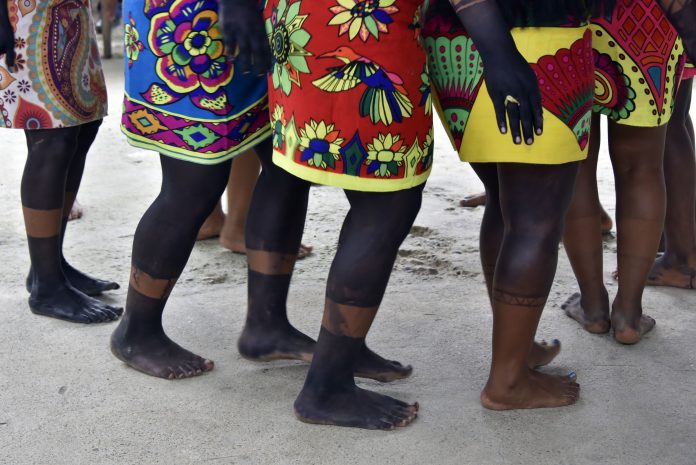Venezuela is going through its fifth year of economic recession and hyperinflation: The EU is increasing funding in response to the growing realities of starvation, violence and insecurity
This situation has caused a collapse of health and education services, scarcity of food and medicines, violence and insecurity. Malnutrition rates among children are at critical levels in certain regions.
A computer engineering University professor in Venezuela earning a high wage, found that his salary of 37,255 bolívars per month (£0.11), was barely enough to eat food. Álvaro, speaking to Euronews, described how one litre of milk cost 4,200 bolívars or 11% of his monthly salary. Meanwhile, 1kg of milk powder cost 19,995 bolívars — over half of his salary at the time
This level of inflation is incomprehensible – how are the people of Venezuela who don’t have highly paid academic jobs able to eat?
The current crisis has triggered unprecedented population displacements. According to the United Nations, an estimated 3.4 million people within the whole region, of which over 1.1 million in Colombia, more than 506,000 in Peru and 221,000 in Ecuador.
Many others have fled to other countries in South America, the Caribbean and Central America.
This is the largest migratory flow ever recorded in Latin America.
EU aid has helped the most vulnerable groups such as children under five years of age, pregnant and breastfeeding mothers, the elderly, and indigenous groups.
In addition, the European Union continues to be actively working towards a resolution to the multidimensional crisis in Venezuela, recognising that such a solution can only be democratic, peaceful and Venezuelan-owned.
On 7 February, the International Contact Group was established. Its clear purpose is to enable the urgent delivery of assistance in accordance with international humanitarian principle, as well as establish the necessary guarantees for a credible electoral process in Venezuela.
As the social and economic crisis in Venezuela continues to worsen, the European Commission is allocating a further €50 million (~£43 million) in emergency assistance to help Venezuelans most in need.
Today’s announcement is also part of the EU’s commitment to mobilise further assistance as stated in the Montevideo Declaration of the International Contact Group. Total EU assistance for the regional crisis now stands at €117.6 million (~£100 million) since 2018.
High Representative/Vice-President Federica Mogherini said:
“The European Union stays at the forefront of the international mobilisation to support the Venezuelan people. We are working on strengthening international cooperation to make sure that humanitarian aid, including this new commitment, reaches the people in need inside and outside Venezuela in an impartial manner and through independent channels, without any attempt to politicise the delivery of aid”.
Commissioner for Humanitarian Aid and Crisis Management Christos Stylianides added:
“The EU stands by the people of Venezuela at this critical time. We are stepping up our assistance and aid operations in Venezuela and the region. Our additional support includes emergency shelter, healthcare, food assistance, nutrition services, access to safe water and sanitation, as well as children’s education.”
Last year, Commissioner Stylianides visited the eastern Colombian border with Venezuela where thousands of migrants have crossed the Simon Bolivar International Bridge. The EU has been providing support both inside Venezuela and in neighbouring countries for several years, providing funding to humanitarian partner organisations helping people on the ground.
EU humanitarian assistance is allocated following a strict needs-based approach, respecting the humanitarian principles of humanity, neutrality, impartiality, and independence.











